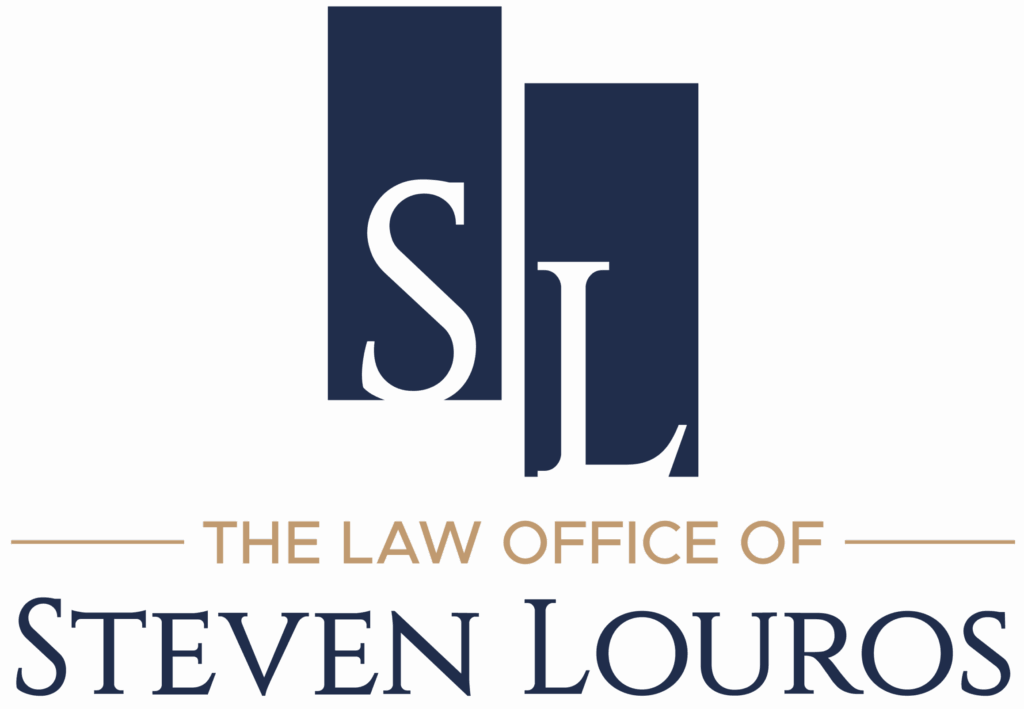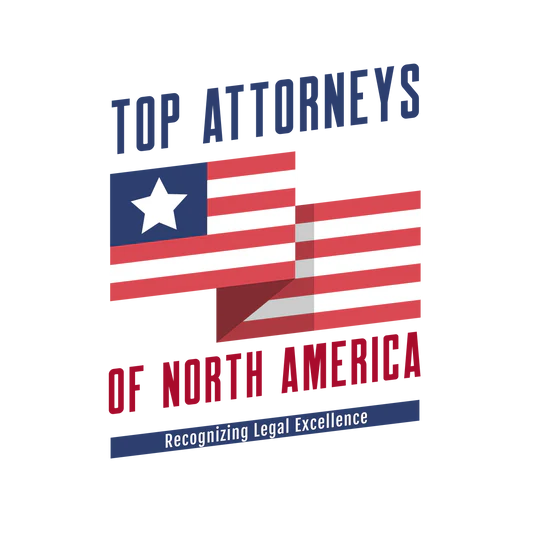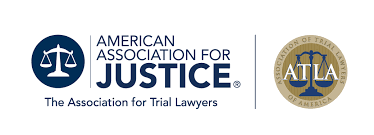The construction industry is one of the most dangerous sectors in the United States. In New York, construction workers face significant risks daily. According to the Occupational Safety and Health Administration (OSHA), one in five workplace fatalities nationwide occurs in the construction industry. In New York City alone, construction accidents account for approximately 25% of all workplace fatalities, with falls being the leading cause.
The tristate area has seen an alarming rise in construction-related injuries and deaths due to insufficient safety measures, defective equipment, and employer negligence. If your loved one has suffered a wrongful death due to a construction accident, you have the right to seek justice and compensation.
Steps to Take If You Believe a Construction Accident Led to a Wrongful Death
- Seek Legal Counsel Immediately: Wrongful death claims have a statute of limitations, so it is crucial to act promptly.
- Preserve Evidence: Collect photographs of the accident site, safety reports, witness statements, and any equipment involved.
- Obtain Medical and Safety Records: Ensure you have access to any documentation related to the victim’s employment and safety training.
- File a Wrongful Death Claim: Partner with an experienced attorney to navigate the complex legal process and build a strong case.
Common Causes of Construction Wrongful Deaths
Construction site fatalities often result from preventable accidents, including:
- Falls: From scaffolding, ladders, or unprotected heights.
- Struck-By Accidents: Caused by falling objects, equipment, or vehicles.
- Electrocutions: Due to faulty wiring or contact with live electrical lines.
- Caught-In/Between Accidents: Workers trapped by machinery, structures, or collapsing materials.
- Equipment Failures: Defective tools, machinery, or lack of proper maintenance.
Who Is Responsible for Construction Wrongful Death?
Determining liability in construction-related wrongful deaths can involve multiple parties, including:
- Employers: Failing to provide proper training, safety equipment, or oversight.
- General Contractors or Subcontractors: Neglecting safety regulations on-site.
- Property Owners: Allowing unsafe working conditions.
- Manufacturers: Supplying defective equipment or tools.
- Third Parties: Such as negligent drivers or outside vendors.
At The Law Office of Steven Louros, we conduct comprehensive investigations to identify all liable parties and hold them accountable.
How Much Compensation Should You Receive?
Compensation for construction wrongful death claims varies but typically includes:
- Economic Damages: Medical bills, funeral expenses, and loss of income or financial support.
- Non-Economic Damages: Pain, suffering, loss of companionship, and emotional distress.
- Punitive Damages: In cases of gross negligence or willful misconduct.
Some of the highest wrongful death settlements in the construction industry include:
- $101 million: Awarded to a construction worker’s family after a catastrophic crane collapse.
- $64 million: Settlement for a worker killed due to defective scaffolding in California.
- $33 million: For the family of a worker electrocuted on a New York construction site.
How The Law Office of Steven Louros Can Help Your Case
Construction wrongful death cases are complex, involving detailed regulations, liability assessments, and often multiple parties. Our experienced team at The Law Office of Steven Louros is committed to:
- Providing Personalized Guidance: We understand the emotional and financial challenges you face and tailor our approach to your needs.
- Conducting Thorough Investigations: Partnering with safety experts, engineers, and medical professionals, we uncover all evidence to support your claim.
- Negotiating Aggressively: Whether through settlements or trial, we fight tirelessly for the maximum compensation.
- No Upfront Costs: You pay nothing unless we win your case.
Your family deserves justice and financial security after a preventable tragedy. Contact us today for a free consultation to discuss your case and explore your options.








